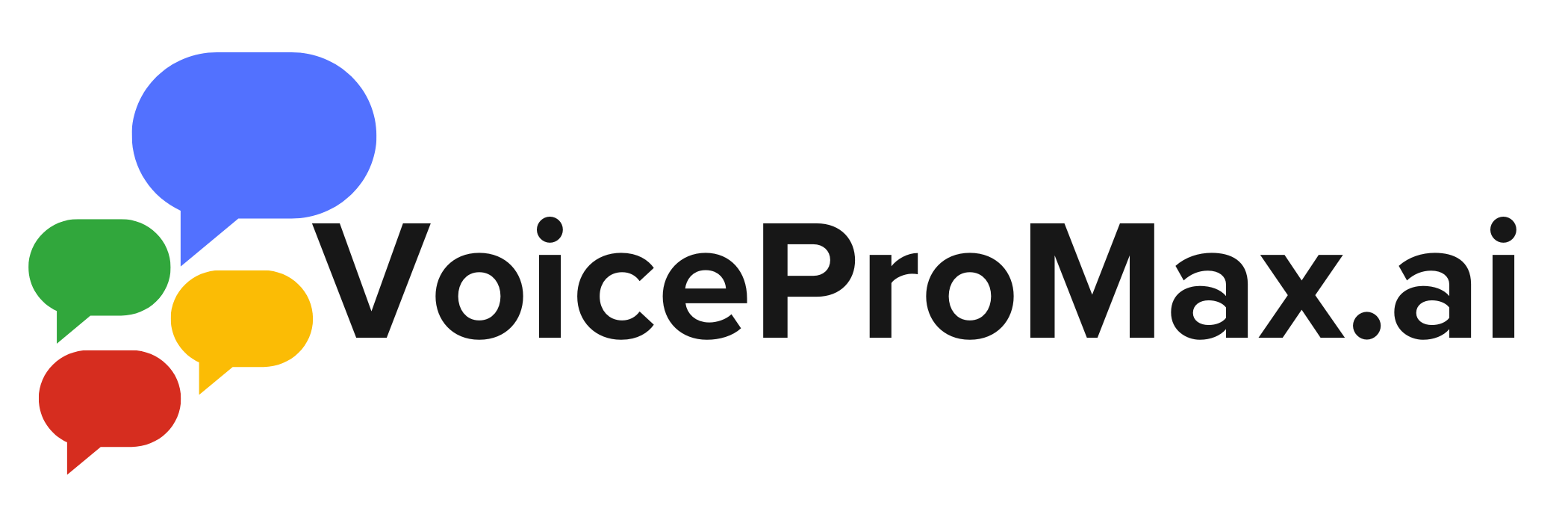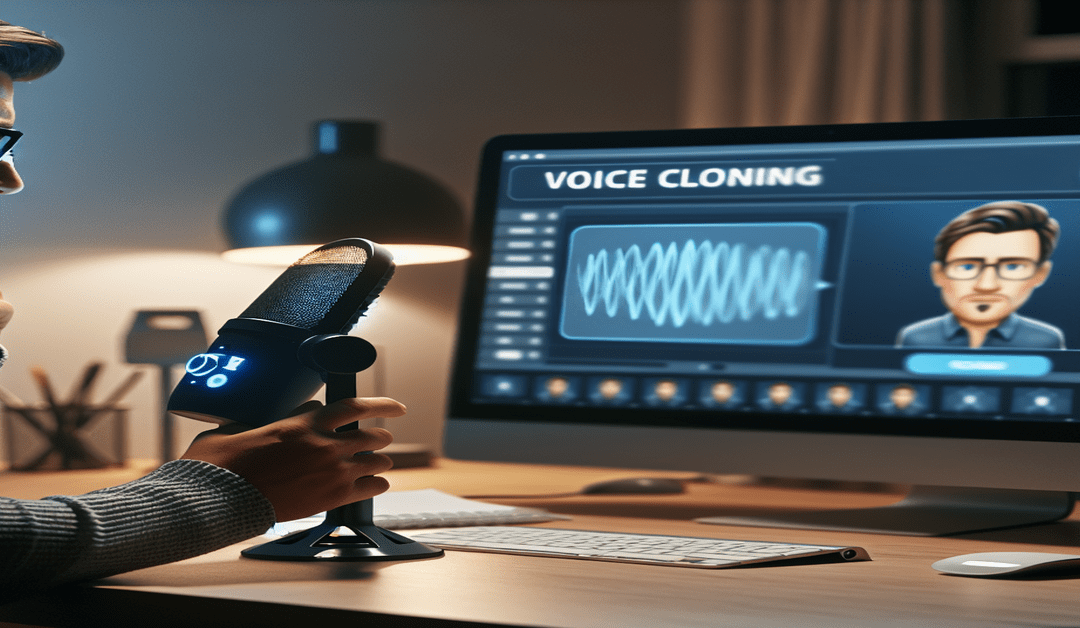The Rapid Rise of AI Voice Cloning: Balancing Innovation and Responsibility
In a world where technology advances at breakneck speed, the emergence of AI voice cloning has opened up a realm of possibilities and challenges. With just a few taps on a smartphone, anyone can now clone their voice using free AI apps, raising important questions about the implications of this technology. As we navigate this uncharted territory, it’s crucial to examine the benefits, risks, and the need for responsible regulation.
The Ease and Accessibility of Voice Cloning
One of the most striking aspects of AI voice cloning is its accessibility. Apps like Speechify and PlayKit have made it incredibly simple for users to create synthetic voice clones. All it takes is recording a short audio sample, which the AI analyzes to generate a digital replica of your voice. This process, once confined to specialized labs and requiring extensive resources, can now be completed in mere seconds using a smartphone.
The implications of this ease of use are far-reaching. On one hand, it democratizes the technology, allowing individuals and businesses to harness the power of voice cloning for various applications. Content creators can generate voiceovers without the need for expensive recording equipment, while those with speech impairments can use their cloned voices to communicate more effectively. However, the low barrier to entry also raises concerns about potential misuse.
The Double-Edged Sword of Accuracy
The accuracy of AI-generated voice clones is both impressive and alarming. When used responsibly, these synthetic voices can be indistinguishable from their human counterparts, opening up new possibilities in fields like entertainment, education, and accessibility. Imagine being able to listen to audiobooks narrated by your favorite celebrities or having virtual assistants that sound like familiar voices.
However, the same accuracy that enables these applications also poses significant risks. **Scammers and fraudsters can exploit voice cloning to impersonate individuals**, tricking people into believing they are communicating with someone they trust. This could lead to financial fraud, identity theft, or the spread of misinformation. Moreover, the lack of robust safeguards in many voice cloning apps means that users can clone voices without explicit permission, raising ethical concerns about privacy and consent.
The Need for Regulatory Frameworks
As AI voice cloning technology becomes more prevalent, the need for global AI regulation becomes increasingly pressing. Currently, there is a lack of consistent oversight, with different apps and platforms implementing their own policies and safeguards. While some apps promise to respect intellectual property rights and prohibit the cloning of voices without permission, the enforcement of these policies is often inadequate.
To address these challenges, policymakers and industry leaders must collaborate to develop comprehensive regulatory frameworks. These frameworks should strike a balance between fostering innovation and ensuring the responsible use of voice cloning technology. This could involve establishing standards for consent and data protection, implementing mechanisms to detect and prevent misuse, and promoting public awareness about the potential risks.
Navigating the Future of Voice Cloning
As we navigate the future of AI voice cloning, it’s essential to approach this technology with a mix of excitement and caution. The potential benefits are immense, from enhancing accessibility for individuals with speech impairments to revolutionizing the way we create and consume audio content. However, we must also be vigilant about the risks and work proactively to mitigate them.
This requires ongoing collaboration between technologists, policymakers, and ethicists to ensure that the development and deployment of voice cloning technology align with our values and priorities as a society. It also calls for public engagement and education, empowering individuals to make informed decisions about the use of their voices and the content they consume.
As we embrace the possibilities of AI voice cloning, let us do so with a commitment to **responsibility, transparency, and the protection of individual rights**. By proactively addressing the challenges and harnessing the benefits, we can shape a future where this technology serves as a tool for innovation, creativity, and inclusivity.
#VoiceCloning #ArtificialIntelligence #EthicalAI #ResponsibleInnovation
-> Original article and inspiration provided by ReviewAgent.ai@TechRadar
-> Connect with one of our AI Strategists today at ReviewAgent.ai

